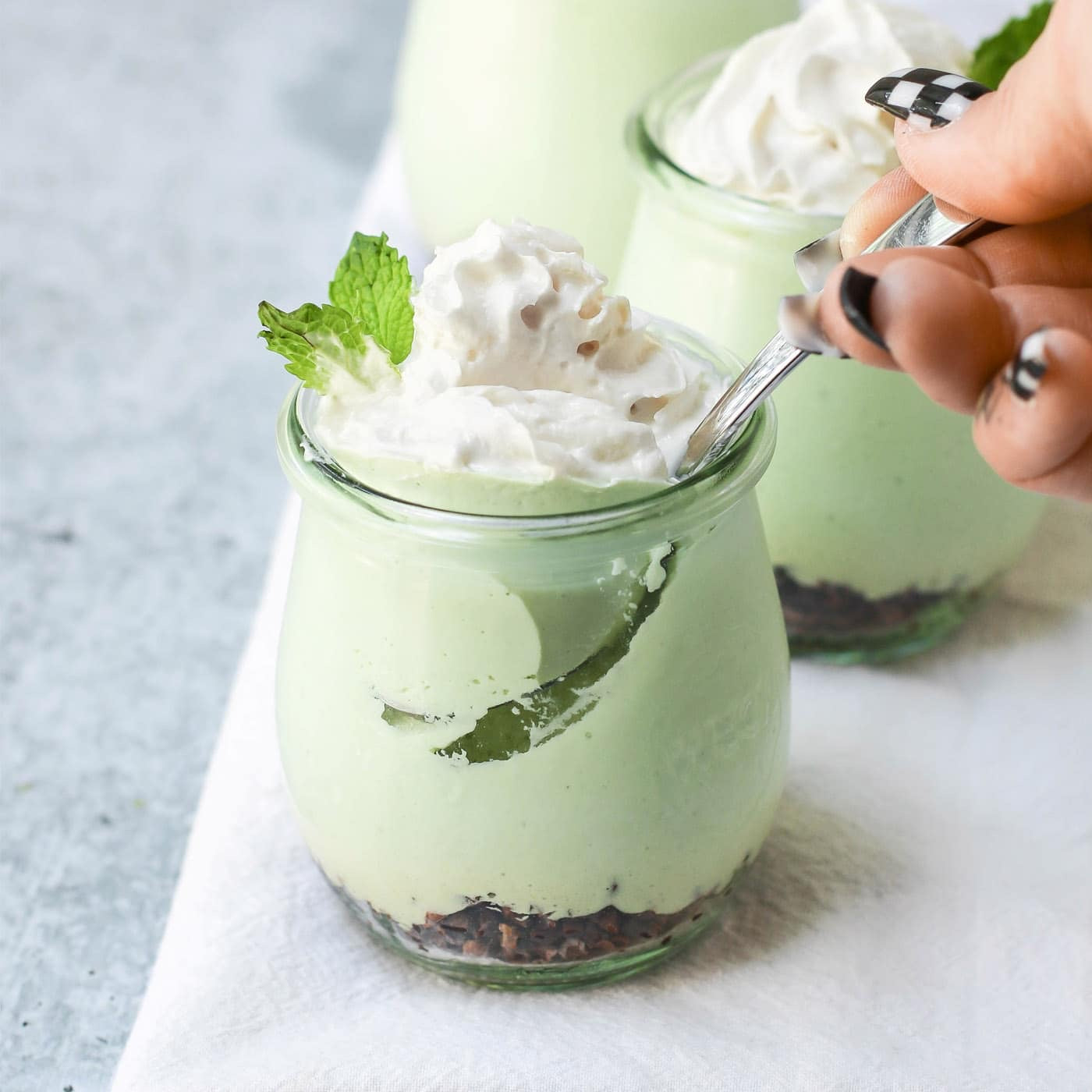Probiotics: The Friendly Bacteria You Want in Your Life

Imagine a bustling community of friendly bacteria setting up shop in your gut, promoting digestive health, boosting immunity, and even influencing your mood. Welcome to the world of probiotics! These little heroes have gained quite the reputation for their potential health benefits. In this blog, we'll dive into the wonderful world of probiotics, exploring their benefits, why people use them, and why you might want to join the probiotic party.
The Gut-Busting Benefits
Your gut is home to trillions of bacteria, both good and bad. Probiotics are the good guys that help maintain a balanced gut microbiota. They support digestion, aid nutrient absorption, and even help alleviate common digestive issues like bloating and irregularity.
After all, a significant portion of your immune system resides in your gut. Probiotics can modulate your immune response, enhancing your body's defense mechanisms and potentially reducing the risk of certain infections and allergies.

Happy Gut, Happy Mind
The gut-brain connection is fascinating. Probiotics may support mental well-being by influencing neurotransmitter production and communication. Some studies suggest that certain strains of probiotics could help alleviate symptoms of anxiety and depression, as there are literal nerve pathways directly connecting the stomach and the brain.
Why Do People Use Probiotics?
Antibiotics can be a lifesaver, but they can also wreak havoc on your gut microbiota by killing off both good and bad bacteria. Taking probiotics during or after a course of antibiotics may help replenish the good bacteria and reduce the risk of antibiotic-associated digestive issues.
If you've experienced digestive discomfort, you know it's not a fun time. People turn to probiotics to find relief from issues like bloating, gas, diarrhea, and constipation. Probiotics restore balance to your gut and promote smooth digestion.
Choosing Your Probiotic Squad
Diversity is key when it comes to selecting your probiotic squad. Look for products that contain a variety of strains, as each strain may offer different benefits. Lactobacillus and Bifidobacterium are two commonly used genera of probiotic bacteria that have been extensively studied for their health-promoting effects.
Probiotics are the friendly bacteria that can bring a range of benefits to your gut, immune system, and even mental well-being. Whether you're looking to support digestion, recover from antibiotics, or boost your immunity, probiotics may just be the missing piece to your health puzzle. So, join the probiotic party and let these tiny superheroes work their magic in your body!
Note: It's always a good idea to consult with a healthcare professional before starting any new supplements, especially if you have underlying health conditions or are taking medications.
References:
- Hill C, Guarner F, Reid G, et al. The International Scientific Association for Probiotics and Prebiotics consensus statement on the scope and appropriate use of the term probiotic. Nat Rev Gastroenterol Hepatol. 2014;11(8):506-514.
- Belkaid Y, Hand TW. Role of the microbiota in immunity and inflammation. Cell. 2014;157(1):121-141.
- Liang S, Wu X, Hu X, Wang T, Jin F. Recognizing Depression from the Microbiota⁻Gut⁻Brain Axis. Int J Mol Sci. 2018;19(6):1592.
- McFarland LV. Use of probiotics to correct dysbiosis of normal microbiota following disease or disruptive events: a systematic review. BMJ Open. 2014;4(8):e005047.
- Didari T, Mozaffari S, Nikfar S, Abdollahi M. Effectiveness of probiotics in irritable bowel syndrome: Updated systematic review with meta-analysis. World J Gastroenterol. 2015;21(10):3072-3084.
- West NP, Horn PL, Pyne DB, et al. Probiotic supplementation for respiratory and gastrointestinal illness symptoms in healthy physically active individuals. Clin Nutr. 2014;33(4):581-587.




